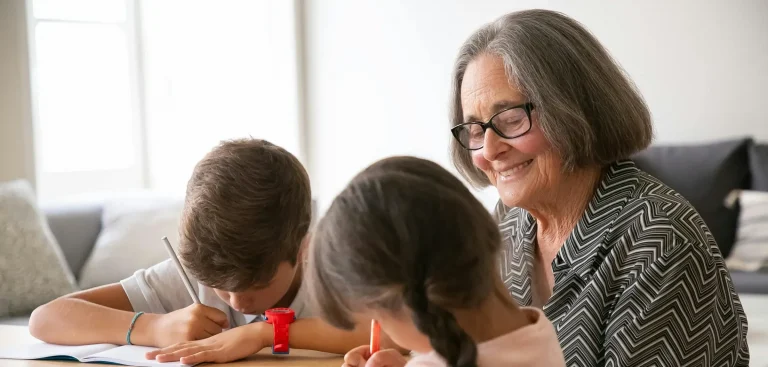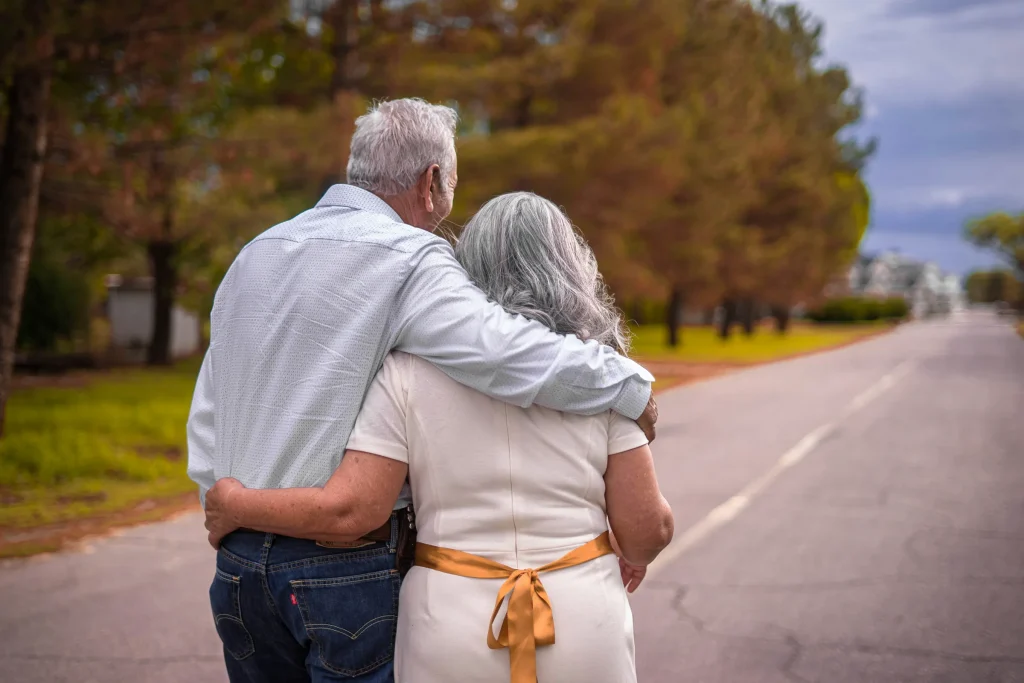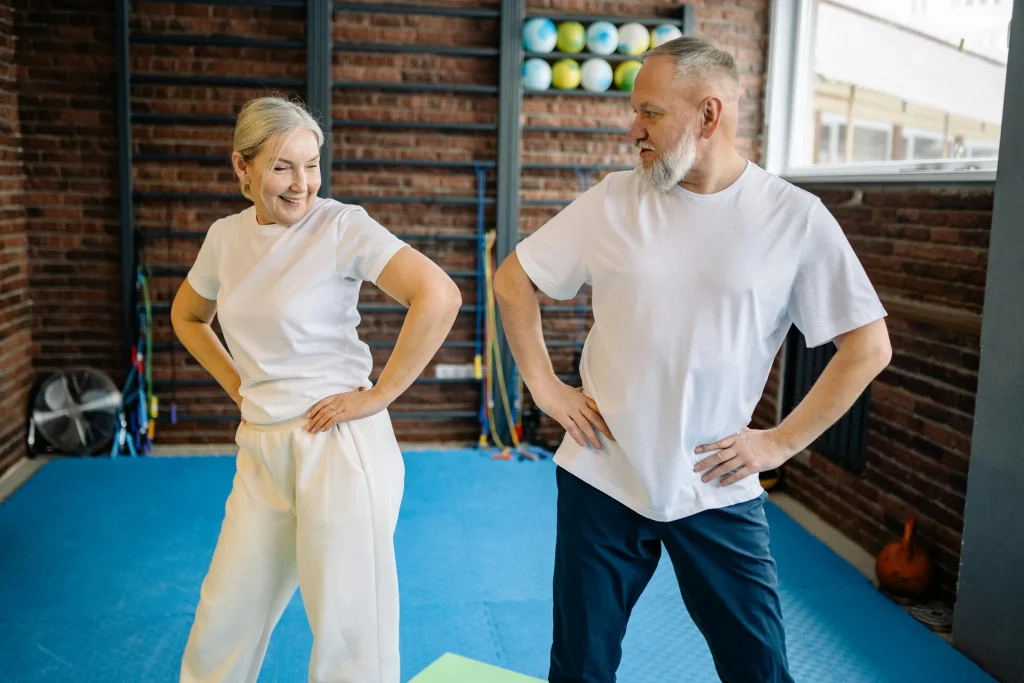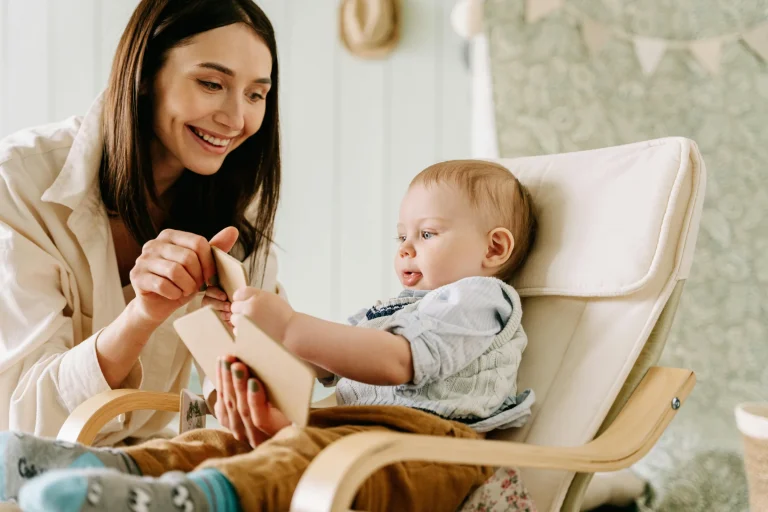Both the American Cancer Society and the U.S. Preventive Services Task Force recommend people with an average risk for colorectal cancer get a colonoscopy starting at age 45. However, adults frequently choose to forgo the test. Some avoid colonoscopies because they don’t want to go through the all-day laxative prep or are afraid the procedure is too painful or invasive. But a colonoscopy has advantages—by looking at the entire colon, it detects not only cancer but other diseases as well.
What’s more, studies suggest that patients who receive a positive fecal immunochemical test (FIT), but delay scheduling the required follow-up colonoscopy, increase their risk for colorectal cancer and risk of having a more advanced stage of cancer by the time they are eventually diagnosed.
Follow up sooner rather than later
Colorectal cancer originates in the colon or rectum. FIT, a colorectal cancer screening test, reviews stool samples for signs of the cancer. If your FIT yields positive results, a follow-up colonoscopy is mandatory.
When looking at patients with a positive FIT result, research shows that those who waited six months or more to obtain the required colonoscopy had a 31% higher risk for colorectal cancer compared to those who had a colonoscopy within one to three months. And it only increases from there—those who waited 10 months to have a follow-up colonoscopy raised their risk level to 48%.
Stay on schedule
While it may be tempting to delay a colonoscopy, don’t wait to schedule this procedure if you receive positive FIT results. And don’t ignore the colonoscopy schedule health experts recommend for your age.
Regardless of how old you are, be aware of colorectal cancer symptoms and pay attention to any changes in your body. Symptoms include:
- Cramping or abdominal pain
- Unintended weight loss
- Rectal bleeding with bright red blood
- A change in bowel habits that lasts more than a few days
- Still feeling like you need to have a bowel movement even after you’ve had one
- Weakness and fatigue
If you experience any of these symptoms or have a family history of colorectal cancer or polyps—growths that can turn into cancer over time—talk with your healthcare provider.
Online Medical Reviewer: Ray Turley, MSN, BSN








